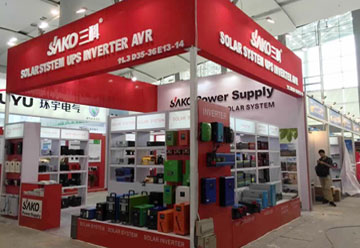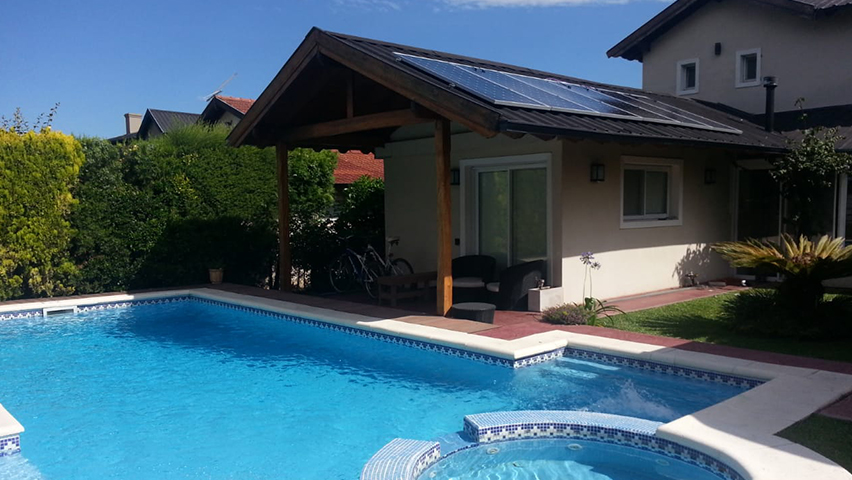Lithium-ion batteries are one of the most common types of battery for use in homes and electronics, but there’s a variety of types you might encounter and their features vary. In this blog post, we’ll cover the different types of lithium-ion batteries and how to choose the one that’s best for you.

Lithium-ion batteries are the most popular type of battery on the market today. They offer many advantages over other types of batteries, such as a longer lifespan and a higher discharge rate.
What is a Lithium Ion Batteries
There are three main types of lithium-ion batteries: li-ion, li-polymer, and lead acid. Each has its own specific benefits and drawbacks. Here is a breakdown of each:
Li-ion batteries are the most popular type of lithium-ion battery on the market today, such as lithium ion battery 48v 100ah. They offer many advantages over other types of batteries, such as a longer lifespan and a higher discharge rate. Li-ion batteries are composed of layers of lithium metal and an organic polymer electrolyte. The electrodes are made from titanium or aluminum and can be replaced when they become worn or damaged. Li-ion batteries can discharge up to 100% without losing power, which makes them ideal for devices that require high performance.
Features of the Li-ion Battery
The Different Types of Lithium Ion Batteries and How to Choose the One for You
Choosing the right lithium-ion battery is important if you want your device to last. Here are some features to consider when choosing a battery:
Capacity: The capacity of a lithium-ion battery is how much power it can hold. This is measured in watt-hours (Wh). A good rule of thumb is to buy an upgrade if your current battery has less than half the capacity of the battery you plan to replace it with.
Chemistry: There are three main types of lithium-ion batteries: cobalt-based, nickel-cobalt-based, and lithium-ion polymer. Each has its own advantages and disadvantages. Cobalt-based batteries have a longer life but are more expensive. Nickel-cobalt-based batteries are cheaper but have shorter lives. Lithium-ion polymer batteries are the most affordable but have the shortest life.
Weight/Size: Weight and size are important factors when choosing a battery because they determine how easily you can carry it around and how big your device will be. Larger batteries tend to be heavier, while smaller batteries may not have enough power.
Conclusion
It’s crucial to pick the appropriate lithium-ion battery for your home if you want to invest in solar energy. Before making a choice, make sure to carefully read our post so that you can maximize your investment. SAKO can offer you excellent services and high-quality solar products if you’d like to learn more!






